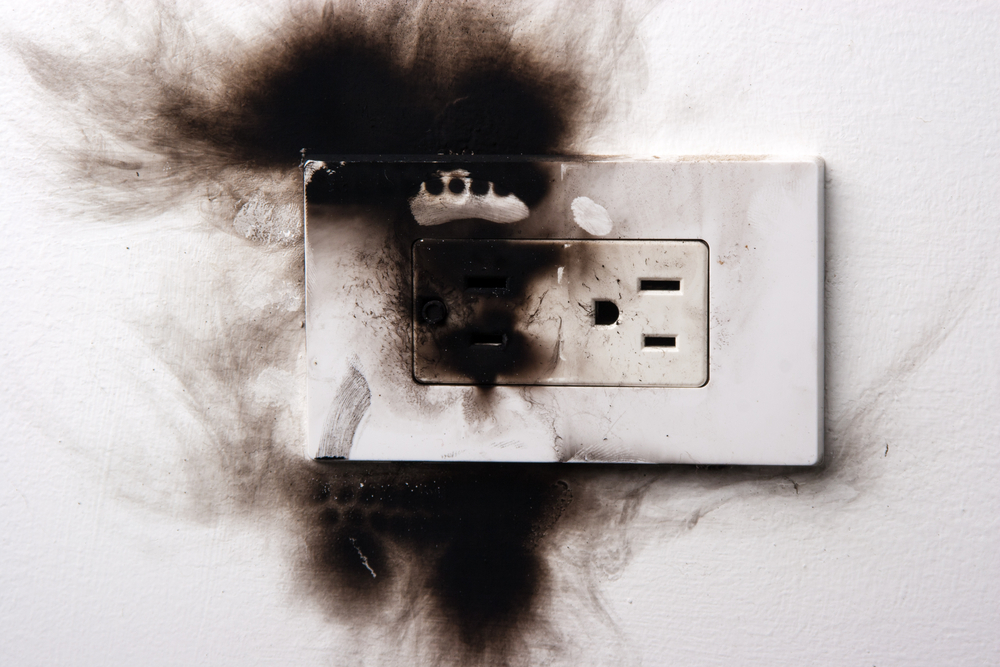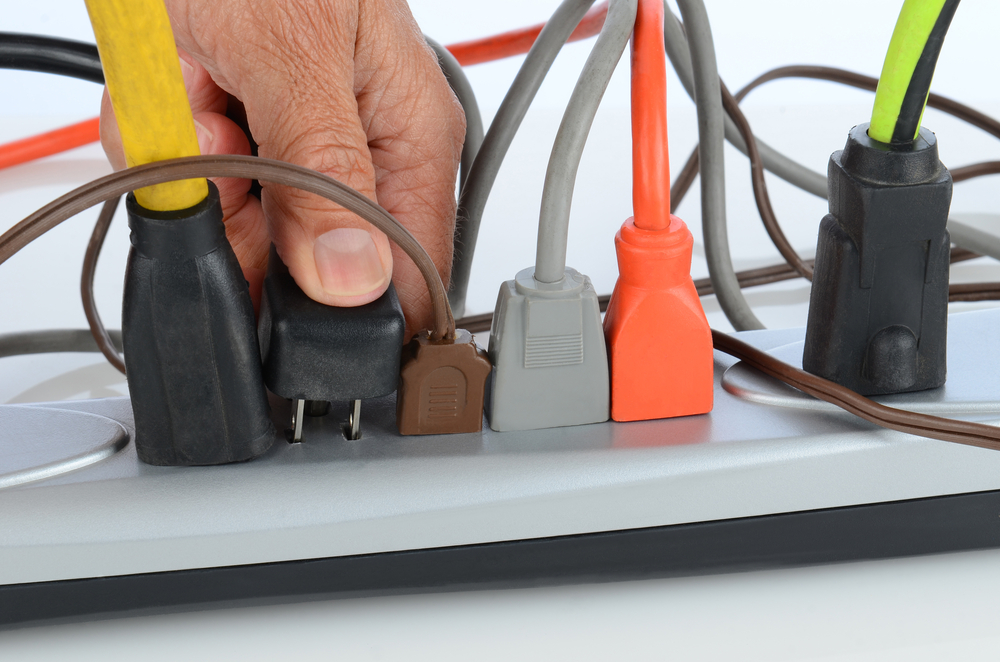10 Tips For Maintaining Electrical Safety At Your Rental Homes

Electricity is a necessary convenience and can help make any house feel like home. Because a growing number of appliances are used in today’s homes, more electricity is being consumed, says the Electrical Safety Foundation International (ESFI). About 34 percent of the power a house consumes each year is consumed by lights and appliances. And with that, the potential for fire-related hazards increases.
Overloaded or frayed electrical cords, plugs and sockets and other hazards associated with electricity contribute to the number of fires across the U.S. each year. About 48,000 fires involving electrical failure or malfunction happen annually, causing deaths, injuries and $1.5 billion in direct property damage, according to the National Fire Protection Association (NFPA).
Recently, twin 14-year-old girls in Palm Beach County, Fla., died of smoke inhalation from a fire believed to be started by a faulty extension cord in their home.
Just as it is in the home, preventing electrical issues that may lead to fires is important in the workplace. New technologies and an increased reliance on electrical equipment over the years are creating more demand for electricity, and improper use can cause electrical shock and burn injuries, says ESFI.
“Electrical accidents that occur in an office environment are usually a result of faulty or defective equipment, unsafe installation, or misuse of equipment – specifically, extension cords, power strips, and surge protectors,” says Brett Brenner, president of the Electrical Safety Foundation International.

Review home and workplace electrical safety practices
National Electrical Safety Month is a good time to review home and workplace electrical safety practices. Here are some tips, provided by ESFI and NFPA, to help protect your employees and residents from an electrical fire:
- Check electrical cords to make sure they’re not running across doorways or under carpets. Also, check them for damage before using. Replace damaged cords immediately.
- Extension cords are intended for temporary use- have a qualified electrician add more receptacle outlets so you don’t have to use extension cords.
- Use light bulbs that match the recommended wattage on the lamp or fixture. There should be a sticker that indicates the maximum wattage light bulb to use.
- If outlets or switches feel warm, frequent problems with blowing fuses or tripping circuits, or flickering or dimming lights, call a qualified electrician.
- Only plug one heat-producing appliance (such as a coffee maker, toaster, space heater, etc.) into a receptacle outlet at a time. Also, keep electrical appliances away from water sources such as sinks, pools and bathtubs.
- Arc fault circuit interrupters (AFCIs) are a kind of circuit breaker that shuts off electricity when a dangerous condition occurs. Consider having them installed in your home.
- Use ground fault circuit interrupters (GFCIs) to reduce the risk of shock. GFCIs shut off an electrical circuit when it becomes a shock hazard. They should be installed inside the home in bathrooms, laundry rooms, kitchens, garages and basements. All outdoor receptacles should be GFCI-protected.
- Test AFCIs and GFCIs once a month to make sure they’re working properly.
- Keep the area around your electric meter and other electrical equipment clear.
- Have all electrical work done by a qualified electrician.
Also, periodically inspect inside and outside of the home or office to identify any electrical issues that need to be addressed. NFPA recommends hiring a professional tree cutting service to trim branches that might fall on electric wiring.







